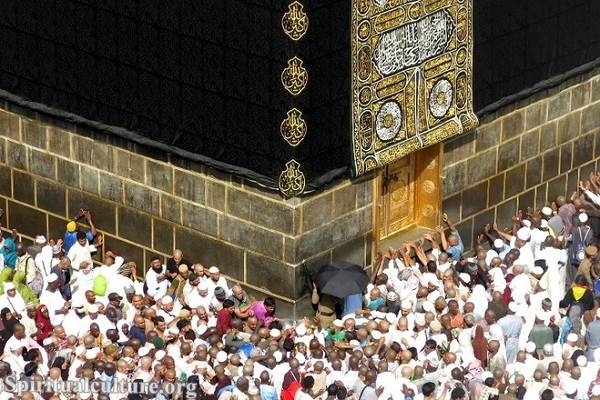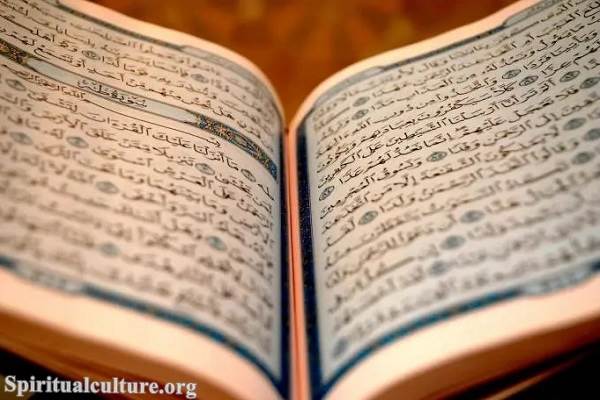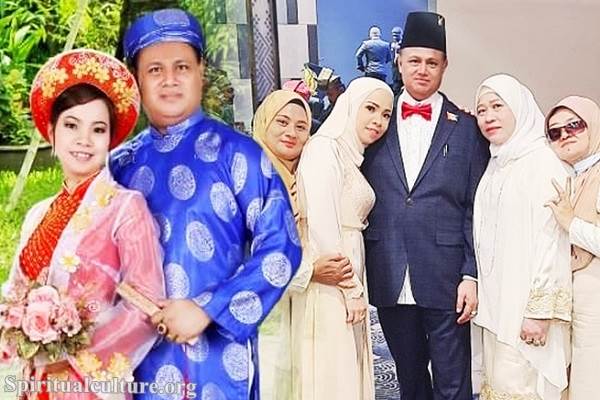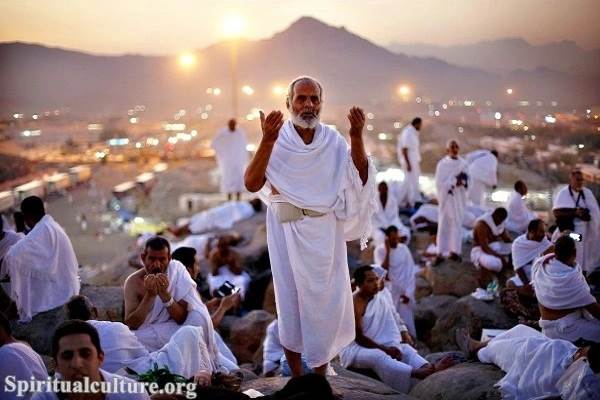Here is the difference between Shia and Sunni that you need to know.
Beliefs about the succession of leadership after the death of the Prophet Muhammad
The main difference between Shia and Sunni Muslims is their beliefs about the succession of leadership after the death of the Prophet Muhammad. Shia Muslims believe that Ali, the Prophet’s cousin and son-in-law, was the rightful successor to the Prophet. In contrast, Sunni Muslims believe that Abu Bakr, a close companion of the Prophet, was the first caliph. This disagreement stems from a larger debate about the role and qualifications of the leaders of the Muslim community. It has led to several other differences between the two branches of Islam.
Worship practices
Shia Muslims have some worship practices that differ from those of Sunni Muslims. For example, Shia Muslims emphasize mourning and commemorating the martyrdom of the Prophet’s family, particularly his son-in-law Ali and his grandsons Hasan and Husayn. They also have several unique rituals, such as the ta’zieh, a form of religious theatre that reenacts the events of the Prophet’s life and the early history of Islam.
Role of religious scholars
Shia Muslims emphasize the role of religious scholars, known as ayatollahs, in interpreting Islamic law and guiding the community. Ayatollahs are seen as having a special spiritual authority, and their interpretations of Islamic law are considered particularly weighty. On the other hand, Sunni Muslims emphasize the role of the caliphs and other political leaders in interpreting and implementing Islamic law.
Importance of certain figures in Islamic history
Certain figures in Islamic history are particularly important to Shia Muslims but are not as revered by Sunni Muslims. For example, Ali, Hasan, and Husayn, the Prophet’s family members who were passed over for leadership, are seen as particularly important figures by Shia Muslims. They are known as the “fourteen infallibles” and are revered for their moral and spiritual leadership.
Different hadith collections
Hadith are collections of the sayings and actions of the Prophet Muhammad, and they are an important source of guidance for Muslims. Shia and Sunni Muslims have their own collections of hadith, and some hadith are considered authentic by one group but not the other. This can lead to differences in how certain issues are interpreted and practiced.
Different legal systems
Shia and Sunni Muslims have their own distinct legal systems, known as sharia, based on the Qur’an and the hadith. However, some differences exist in how these legal systems are interpreted and applied. For example, Shia Muslims emphasize the role of religious scholars in interpreting and implementing sharia, whereas Sunni Muslims emphasize the role of political leaders.
Different attitudes toward certain issues
There are also some differences between Shia and Sunni Muslims in terms of their attitudes toward certain issues. For example, Shia Muslims are generally more accepting of the idea of the “rule of the jurist,” which holds that in the absence of the Prophet’s direct descendants, qualified religious scholars should have a special role in leading the community. On the other hand, Sunni Muslims are generally more skeptical of this idea.
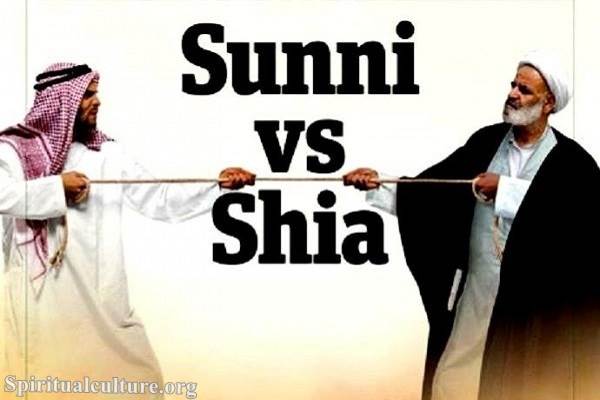
There are also some differences in how Shia and Sunni Muslims approach issues such as the role of women in society and the use of violence in resistance movements.
Different views on the role of imams
In Shia Islam, the imams are a special class of religious leaders believed to be the rightful successors of the Prophet Muhammad and to have a unique spiritual authority. The Shia believe there have been twelve imams, the last of whom is believed to have gone into hiding and will one day return as the “Mahdi,” or savior of the world. Sunni Muslims do not believe in the concept of the imams as a special class of religious leaders and do not place the same emphasis on the role of the imams in religious matters.
Different views on the role of relics and shrines
Shia Muslims have a long tradition of venerating the tombs of religious figures and visiting them as a way of seeking spiritual blessings. This includes the tombs of the imams and other important figures in Shia history. Sunni Muslims, on the other hand, do not generally have the same tradition of visiting tombs and shrines and may view such practices as being overly superstitious or even idolatrous.
Different views on the role of taqiyya
Taqiyya is the practice of dissimulating one’s true beliefs to protect oneself from harm. It is recognized as a legitimate practice in Shia Islam, and there are certain circumstances in which it is considered permissible for a Shia to conceal their beliefs to avoid persecution. Sunni Muslims do not generally recognize taqiyya as a legitimate practice and may view it as dishonest or deceptive.
Different views on the importance of certain figures in Islamic history
Certain figures in Islamic history are particularly important to Shia Muslims but not as revered by Sunni Muslims, and vice versa. For example, Sunni Muslims place a great emphasis on the companions of the Prophet Muhammad, who were the first converts to Islam and played an important role in spreading the religion. Shia Muslims, on the other hand, may not place as much emphasis on the companions and may focus more on the Prophet’s family members and the imams.
Different views on the role of reason and intellectual debate
Some Shia scholars emphasize the use of reason and intellectual debate in interpreting Islamic texts and resolving religious disputes. This approach is known as “ijtihad,” and it is based on the idea that qualified scholars have the ability to interpret the Qur’an and the hadith in a way that is relevant to changing circumstances. Sunni Muslims may be more skeptical of the use of reason and intellectual debate in resolving religious issues and may emphasize following the examples and traditions of the Prophet and the early Muslim community.
Different views on the role of the family of the Prophet Muhammad
Shia Muslims emphasize the role of the family of the Prophet Muhammad, particularly the imams, in interpreting and guiding the community. They believe the imams are the rightful successors to the Prophet and have special spiritual authority. Sunni Muslims do not have the same belief in the spiritual authority of the imams and do not place as much emphasis on the role of the Prophet’s family in guiding the community.
Different views on the role of Sufism
Sufism is a mystical tradition within Islam that emphasizes the inner, spiritual dimensions of the religion. Both Shia and Sunni Muslims have a rich tradition of Sufism, but there are some differences in the way that the two branches approach it. For example, Shia Sufism tends to emphasize the role of the imams and the Prophet’s family in spiritual guidance. In contrast, Sunni Sufism may emphasize the role of the Prophet and their companions.
Different views on the role of music and poetry
Both Shia and Sunni Muslims have a long tradition of using music and poetry to praise God and convey religious teachings. However, there are differences in how the two branches approach these art forms. For example, Shia Muslims may emphasize the use of music and poetry in mourning rituals and commemorations. In contrast, Sunni Muslims may emphasize using these art forms in general devotional practices.
Above are the differences between Shia and Sunni that Spiritualculture.org wants to share with its readers. Despite these differences, it is important to note that both Shia and Sunni Muslims follow the same fundamental beliefs and practices of Islam, including the belief in one God and the importance of the Qur’an and the teachings of the Prophet Muhammad.
